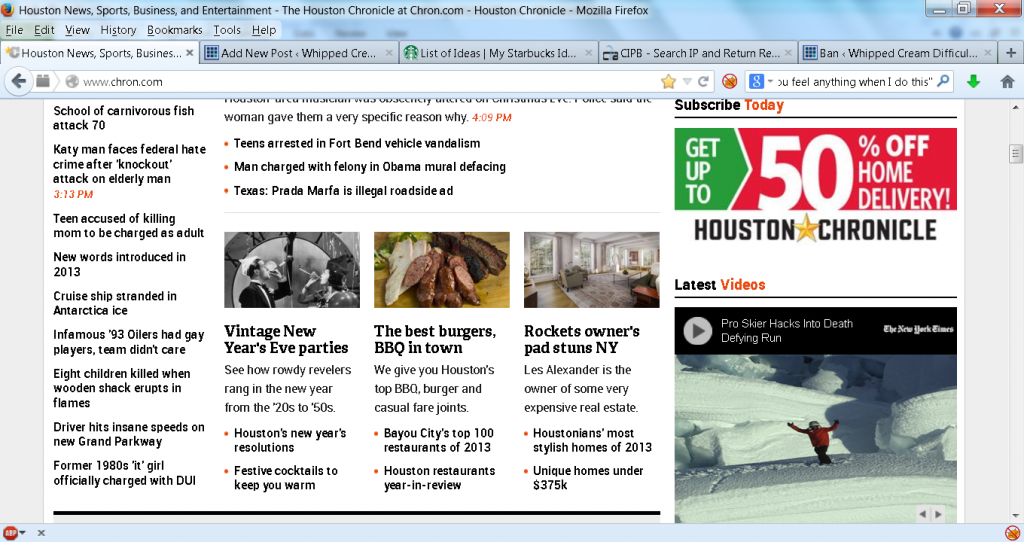This is how Webster’s Unabridged Dictionary on Project Gutenberg defines the word “infamous”:
INFAMOUS
In”fa*mous, a. Etym: [Pref. in- not + famous: cf. L. infamis. See
Infamy.]
1. Of very bad report; having a reputation of the worst kind; held in abhorrence; guilty of something that exposes to infamy; base; notoriously vile; detestable; as, an infamous traitor; an infamous perjurer. False errant knight, infamous, and forsworn. Spenser.
2. Causing or producing infamy; deserving detestation; scandalous to the last degree; as, an infamous act; infamous vices; infamous corruption. Macaulay.
3. (Law)
Defn: Branded with infamy by conviction of a crime; as, at common law, an infamous person can not be a witness.
4. Having a bad name as being the place where an odious crime was committed, or as being associated with something detestable; hence, unlucky; perilous; dangerous. “Infamous woods.” P. Fletcher. Infamous hills, and sandy perilous wilds. Milton. The piny shade More infamous by cursed Lycaon made. Dryden.
Syn. — Detestable; odious; scandalous; disgraceful; base; vile; shameful; ignominious.
I quote this here because it is in the public domain. More modern sources, such as the online Merriam-Webster dictionary, agree with the definition, especially the “having a reputation of the worst kind”.
So what?

That’s part of the front page of today’s HouChron. The 1993 Houston Oilers had “a reputation of the worst kind”? They were “held in abhorrence”? They were “base; notoriously vile; detestable”? That’s really not how I remember things.
After a 28-3 halftime lead against the Buffalo Bills, the Oilers eventually lost 41-38 in one of the most infamous comebacks in NFL history.
Same thing here. Guys, “inflammable” and “flammable” mean the same thing, yes. But “infamous” and “famous” do not.
They may have been “dysfunctional”. But they went 12-4. I’d be more inclined to refer to the 2013 Houston Texans as “infamous” instead of the 1993 Oilers.
That is, if I was going to use the word to refer to a football team. Which I’m not, because I feel like I have a grasp of what the word means, unlike the HouChron headline writers. (Brian T. Smith, the author of the linked article, avoids using “infamous”. Kudos to him; I’d like to read the piece that’s coming on Sunday, but it looks like it will be behind the paywall.)

